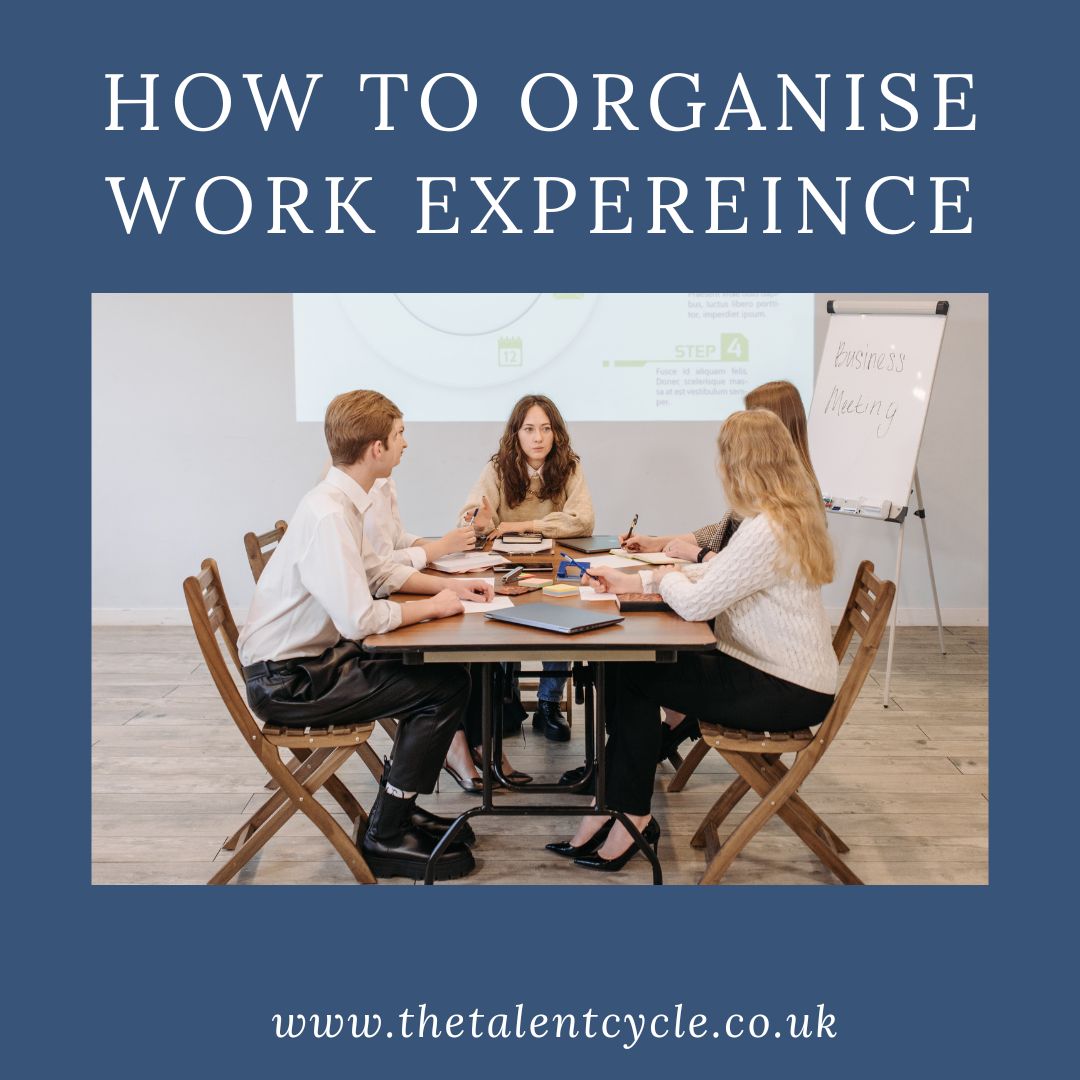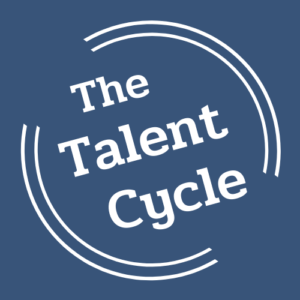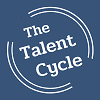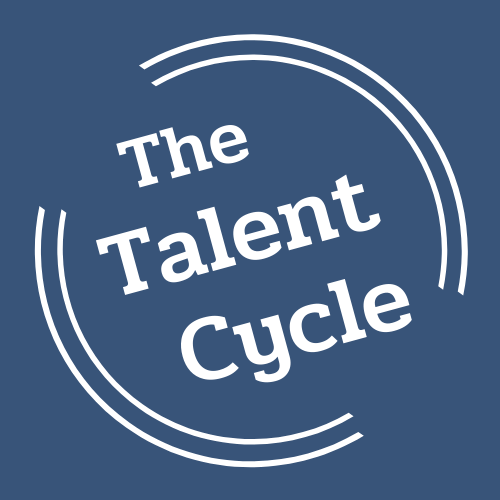
I remember there used to be this great restaurant near me, called Colley’s Super Rooms. It looked like my Nan had decorated it, but the food was amazing. And one of the key things that made it so good? You got to ‘try before you buy’. Well, sort of. They brought round all the plates of food so you could visually see the food before ordering. No picking off a menu and then getting food envy when you saw what next door’s table had instead.
And picking a career can be a bit like that. Although we’re living in a time where agile career mindsets and skills are going to be crucial to success, as you switch and change throughout your career with an increasing regularity, you don’t want to be doing so because you’ve chosen the wrong thing. Far better to make solid decisions rather than blind leaps of faith about a particular career as the idea just popped into your head. And whether you’re 15 or 50, a great way to find out a bit more about a particular career, sector, or job type, is by trialling it with work experience, volunteering, or an internship.
Now you’re giving up your time for free here, so these placements should be easy to find, right? Wrong. Employers are busy people who know that they’ll need to give time to support anyone on a placement, and so you need to convince them that it’s going to be as good an idea for them as it is for you. Here are some ‘top tips’ on how to do just that.
1) Decide on the career you’re looking for
Remember the purpose of this activity is to build on your knowledge and experience to help you make a decision on a career that is right for you. So a great place to start is to jot down the ideas of things you may be interested in, don’t worry if you’ve not decided on which, that’s the whole point of doing the work experience. You can also use this time to think a little more broadly if you don’t think you’ll be able to get your ideal work experience placement. For example, if you dream of one day driving HGV lorries but don’t yet have a driving license, you could think about trying to get experience in the office or see if you could ride along with the driver. Interested in medicine but think your age will rule you out? Consider who medics might work with, everyone from voluntary organisations to scientific laboratories who may have less strict rules on age.
If you’re not sure what you want to do just yet then don’t despair, this is a great way to find out. You could take an idea, however vague it might be and use it as a way to do some initial research, for example ‘I like playing music in my free time’ might mean you could explore a career in that area. Or if you’re looking for more meaning in your career life after the pandemic made you re-evaluate things, then search job websites and look at what careers are describing that as part of the role.
2) Consider your network
That old adage of ‘it’s not what you know but who’ has never been more important than when you’re searching for a placement. Have you volunteered before and could you reach out to them to see if they know of other organisations looking for volunteers? Did your university tutor have links to a particular company where you’d love to intern? Where have previous colleagues moved on to or what about your friends’ parents?
Another approach may be to start with the company itself, where would you dream of working? Then work your way back from there, do you know anyone who works for them already? Search your LinkedIn contacts to see if any are there, or have ever been there, as they may know others who still are. And if you really don’t know anyone, search for general contact details so you can approach them about the possibility of working for them. It’s best to get a phone number as well as email address; you’re harder to ignore when you’re on the phone and it looks more proactive.
3) Find a company
Another way to find a specific company to approach, is to look at who is advertising roles in your area. Whilst you’re not looking for paid employment, the fact that they are looking for someone might indicate they are short staffed and would be interested in having another pair of hands to help out quickly, without the extensive paperwork required for a new job. It my also have the benefit of potentially leading to a longer term paid role, if that is what you’re ultimately looking for at this stage.
If you’re a young person still in education, then looking for employers who are looking for apprentices may also be a good bet, as they are more likely to be open to working with younger people and some of the red tape that goes along with that.
4) Prepare and plan
Before you make that call however, it’s important to plan what you are going to say. This doesn’t mean telling them all about what’s in it for you, but thinking how you can add value to them. Talk about the transferable skills you have, from good communication to enjoying supporting a team. Give them an overview of your experience so far and if you’ve never worked anywhere before, tell them instead about your studies and why you’re so keen to do a placement.
But don’t just make it generic, talk about why you want to work for that particular employer. There are a host of ways you can research the company, from looking on their own website to glassdoor (a company reviewing platform). You can also look at if they have set up groups on social media, and follow those, to find out more about what they’re saying right now. What are they really passionate about, what problems are they having which you could help solve? From the first conversation onwards, you want them to think you’ll be helpful for the company.
5) Resilience is key
Maybe you decided to start off by emailing the company, and they’ve not replied. That’s ok, now is the time to call them. You’ve tried three charities and they’ve said thanks so much but no. Fourth time’s a charm. Don’t’ give up, keep persevering, and notice how you are feeling as you move throughout the process. If you’re not too bothered when one says no, it might tell you something about how you really feel about that particular role. But if you are disappointed, then it’s time to focus your attention in that area and keep trying. You never know, this may mean you are already on the path to your future career dreams.








Leave A Comment